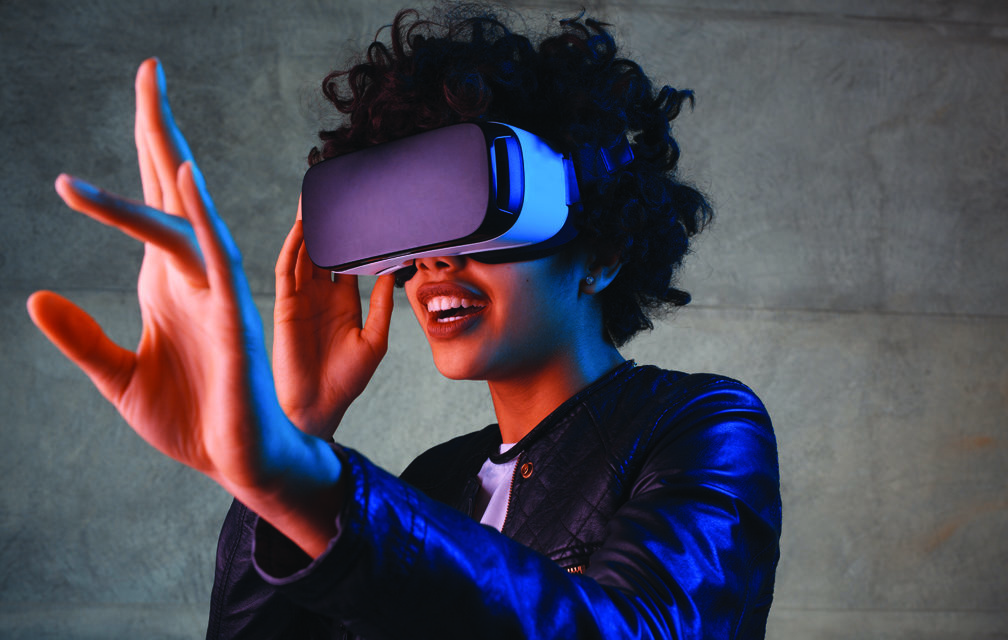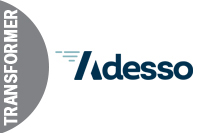By Lex Nepomuceno
Virtual reality (VR) training is making inroads in nearly all spheres of the business world. It’s an emerging technology with great learning opportunities that can significantly benefit the hospitality industry.
Big hotel and restaurant brands across the world are seriously thinking of how to use VR in most of their training programs mostly because it’s budget friendly and provides a more realistic training experience.
Some of the areas of the hospitality industry that are always in need of improvement include customer support, orientation programs for new employees, management and much more.
Here are some of the best ways the hospitality industry can use in VR training:
[expander_maker id=”1″ more=”Read more” less=”Read less”]
1. Improvement in customer service
VR, which creates a computer-generated environment, can be a perfect simulator in terms of improving customer service. It’s because the setting of such a training program mimics other people’s experience in similar environments.
The training allows learners not just to see, but also understand the sequences of how things ought to be done. The trainees come face to face with customers’ behavior and reactions, allowing them to develop empathy toward a specific customer’s immediate needs and spring into action as a way of giving the much-needed assistance.
2. Orientation for new hires
New employees can never have enough learning and adjustment support. VR training sessions can be quite beneficial. As a simulated type of education, trainees can quickly acclimatize, acquire confidence and generally feel comfortable in all interactions and in working with specific tools and equipment.
New team members can get first-hand work experience from an environment similar to the one they are going to be working under with the same work processes. Also, the fact that most of the training tasks are automated reduces most of the workload that human resources usually shoulders under such circumstances. The outcome is well-adjusted employees, who can quickly and comfortably swing in the day-to-day work processes without having to be overly supervised. VR training generally boosts morale, which is a crucial motivating factor.
3. Hotel and room booking processes
Lodging industry training programs can benefit from virtual reality booking processes. It allows employees and even guests to learn to use video technology to improve communication techniques. They can also use the same technology to recreate different travel scenarios such as flight booking and eventual arrival.
Trainees can acquire relevant skills, including how to conduct hotel tours right from hotel websites, while using such tools as VR headsets and other types of technology for communication purposes. They can also gain practical skills such as how to help customers explore hotel rooms, compare room prices, and finally book their favorite rooms through VR headsets.
4. Preparation of different types of menus
VR technology can create a detailed and interactive learning situation where students can safely learn the art of cooking in a physical environment from which they can relate. The benefit is that people can learn how to cook meals from scratch from the first-person point of view because the simulation works as if the food is right in front of you.
5. Better hotel and restaurant management
Hotel management is critical to the overall performance of the rest of the other units. Whether it’s the front desk, stores or hotel booking, they all require better management interventions to increase the rate of return customers and to improve sales.
But how does VR help? It uses context and perspectives, which allows trainees to see the end result of specific practical management actions. The staff training also creates real-life setups, which then impart the skills and practical examples of how employees should interact with hotel guests.
Conclusion
There are many ways that the hospitality industry can utilize VR training. Think of how such businesses can suddenly cut on travel-related costs and maximize use of in-house experts and trainers.
It’s a type of learning environment that places learners on a much higher pedestal. It allows them to follow sequences from a first-person point of view and take in all the knowledge and skills that are required to improve work performance.
VR training is still in its infancy, but it has the potential to grow significantly over the next three to five years. Business owners and managers should familiarize themselves with the technology now and start finding ways it can benefit their bottom lines.
[/expander_maker]



















![[Class, May 20] ServSafe Manager, Kent](https://wahospitality.org/wp-content/uploads/2018/07/CALEND1-150x150.png)








